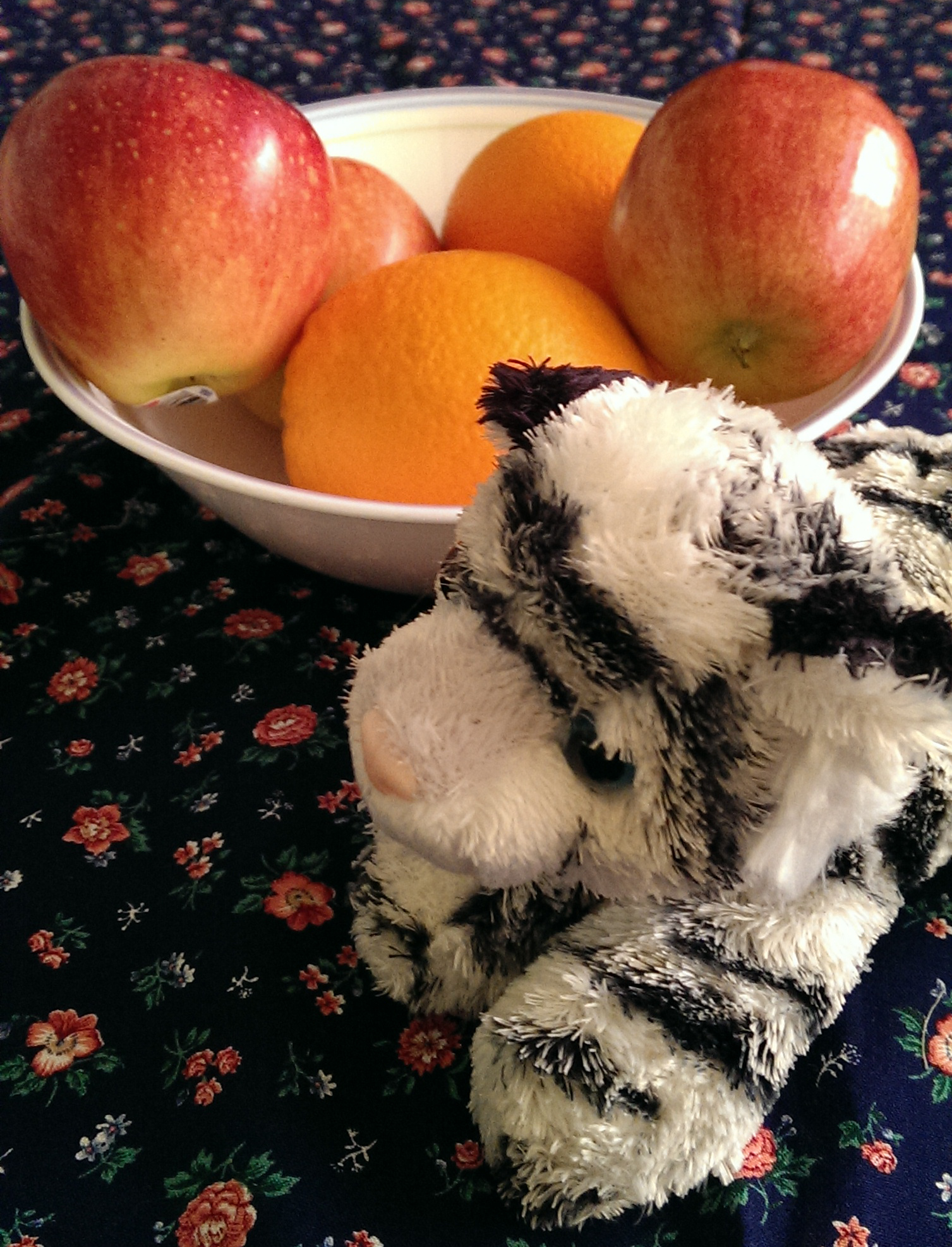A simple game that was played by Colonial children was a kind of counting-out game. The children would form a circle, holding their hands out toward the center. One player would walk around the inside of the circle, reciting a rhyme. At each word of the rhyme, the player saying the rhyme would touch one of the other player's hands. The person whose hand is touched on the last word of the rhyme is out of the game. They continued like that until there was only one player left besides the one reciting the rhyme and doing the counting (Warner 99).
Sometimes, Colonial children would also use counting-out rhymes to choose who would be "it" in other games, like tag (Lizon 52). Kids today still do.
Counting-Out Rhymes
These are some of the rhymes that Colonial children would use when playing counting-out games. Some of them are still used today. The ones listed below come from Colonial American Home Life by John F. Warner, pp. 100-101. Warner noted that the first one, "Eeeny, meeny, miney, moe," was probably the best-known of the rhymes (p. 99).

"Eeny, meeny, miney, moe,
Catch a tiger by the toe.
If he hollers let him go,
Eeny, meeny, miney, moe."
"Apples and oranges, two for a penny,
Takes a good scholar to count as many.
O-U-T, out goes she."
"Ena, mena, mono, my,
Panalona, bona, stry,
Ee wee, fowl's neck
Hallibone, crackabone, ten and eleven,
O-U-T spells out, and out goes Y-O-U."
Another counting-out rhyme from Colonial American Holidays and Entertainment by Karen Helene Lizon:
"Intry, mintry, cutry, corn,
Briar seeds and apple thorns,
Briars, wire, limber lock,
Five geese in a flock,
Sit and sing,
By the spring,
O-u-t and in again."

